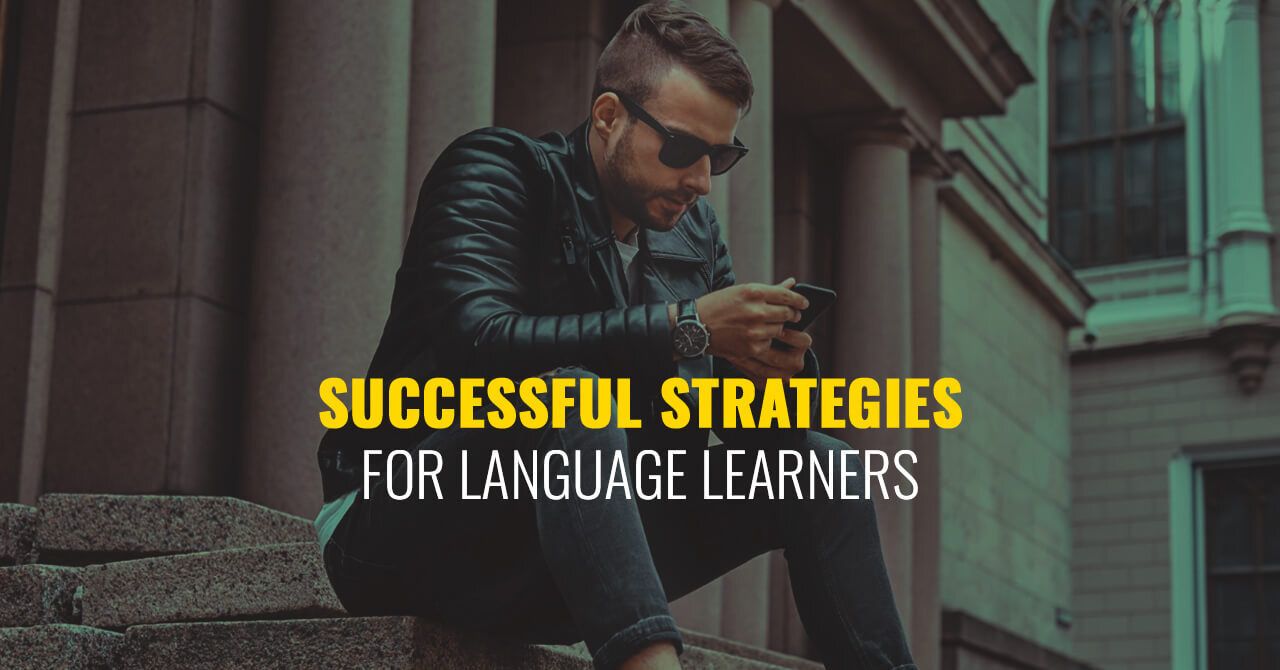
Successful Strategies for Language Learners
Research has shown that successful language learners commonly use certain strategies.
As a language learner, one of the most important things you can do is develop successful language-learning strategies. You may feel like you are alone in your struggles, but many other people have gone through the same thing. By learning from their experiences, you can gain valuable insight into what works and what doesn’t.
Research has shown that successful language learners commonly use certain strategies. These include things like predicting what a lesson will be about, using selective attention, preparing in advance, being willing to make mistakes, regularly practicing, monitoring your speech, asking questions, taking notes, using imagery, finding answers from multiple sources, using physical response, and playing with language.
Predicting what a lesson will be about: before a lesson, try to guess what the topic will be based on the title or previous lessons.
Use selective attention
During a lesson, decide in advance what information is important and what can be ignored.
Prepare in advance
Before speaking or writing in the new language, take some time to organize your thoughts and plan what you want to say.
Be willing to make mistakes
Don’t be afraid to make mistakes. They are a natural part of the learning process.
Practice regularly
Make a schedule to practice speaking, listening, reading, and writing in the new language as often as you can.
Monitor your own speech
Pay attention to the accuracy and fluency of your own speech and make adjustments as needed.
Ask questions
Don’t be afraid to ask questions to native speakers or teachers to clarify things you don’t understand.
Take notes
Write down new vocabulary, grammar rules, and any important information from the lesson.
Use imagery
Try to associate new vocabulary words with images or mental pictures to help you remember them better.
Find answers from multiple sources
Don’t rely on just one source for information. Use a variety of resources such as dictionaries, grammar books, language exchange partners, and language classes.
Use physical response
When learning new vocabulary, try associating the words with physical actions to help them stick in your memory.
Play with language
Experiment with different sentence structures, word orders, and idioms to expand your language skills.
Summary
These strategies may not all work for you, but by trying different ones and seeing what works best for you, you can learn to be an effective language learner. Additionally, by using these strategies, you can become more motivated and confident in your language-learning journey.
In summary, as a language learner, it’s important to remember that you are not alone and that there are many effective ways to learn a new language. By experimenting with different strategies and finding what works best for you, you can become a successful language learner.
Hello, my name is Lazaro and I am a 43-year-old from Brazil. In my free time, I enjoy playing video games, watching series and movies, playing the bass guitar, and riding a bike to stay fit.

